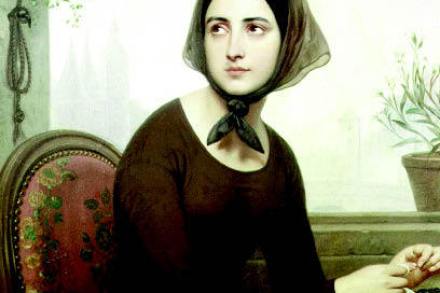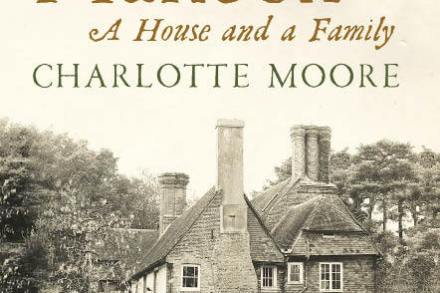Any Christmas reading suggestions?
Christmas is coming, and the bookshelf is getting thin – so, any suggestions for Christmas reading? We are putting our Christmas Special to bed today, so your baristas at Coffee House would be grateful for any tips. I don’t need to say that we’re not after politics books. Coffee House is not simply a home for political wonks, and the brilliant suggestions last time I asked pointed me to all manner of treasures, old and new. So all suggestions welcome.











